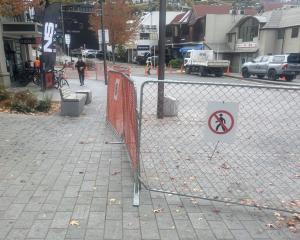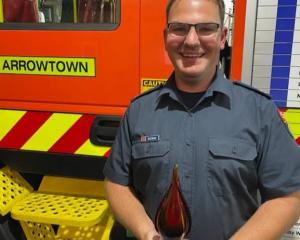This Friday is White Ribbon Day, when New Zealanders, particularly men, are encouraged to take a stand against family violence. Many believe Christmas is a time of year when too many families suffer violence due to emotional or financial stress. In this week's Wakatipu Echo, Constable Terry Wood gives some advice to people concerned about other family members or friends.
New Zealand Police is committed to ensuring the safety of victims and children and the accountability of offenders, and to working closely with its partner agencies to ensure no-one falls through the gaps.
Often perceived as physical violence, such as bruises and cuts from blows, family violence also includes intimidation of partners or children and control of household funds, who a family member sees or what a family member can wear.
Not many families are immune from arguments or differences of opinion.
These can occur at times of emotional or financial stress, Christmas being one of those times.
These are normal feelings for families to experience.
However, the key difference in family violence is the fear factor, the fear of violence that is hinted at or could be used.
The date of November 25 is a time when men stand up against violence against their families and against the vulnerable in their family unit.
Family members or friends often have an inkling that family violence is occurring but feel unsure if they should intervene.
Some ways of assisting your friend or family member are:
• Keep in regular touch; check on them. Once a victim feels isolated or that their friends are turning a blind eye, they can quickly become dependent on the abuser.
• Seek the advice of professionals such as Victim Support, NZ Police, Women's Refuge and Jigsaw Central Lakes (formerly Wakatipu Abuse Prevention Network). If the victim doesn't want to go to police, assist them in reporting the situation to a local health professional.
• Keep a diary. Take photos of the injuries.
• Don't assume that if the relationship ends, the victim is safe.
There are many reasons why victims don't leave their abuser, so don't judge. Support the victim in making good decisions that lead to freedom from the abuser.












